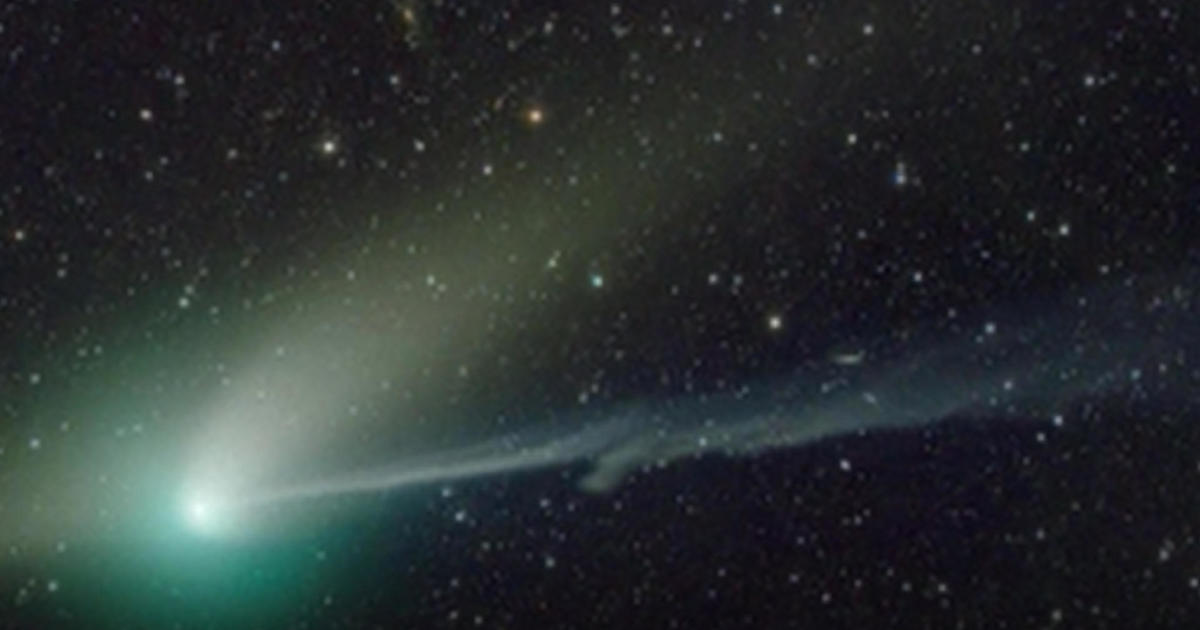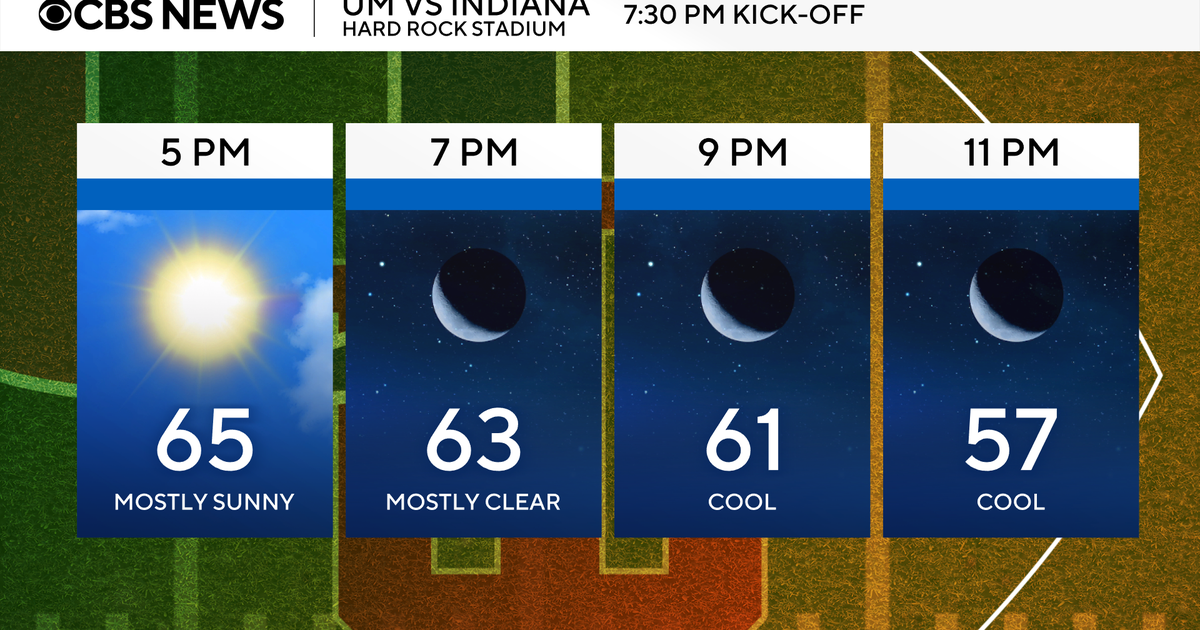MIAMI – A unusual green comet will zip by Earth for the initially time in 50,000 decades. It was past seen in the night sky for the duration of the Stone Age.
The cosmic visitor will swing by our world at a distance of about 26.4 million miles.
Nicknamed “dirty snowballs” by astronomers, comets ordinarily hail from the ring of icy material termed the Oort cloud at our solar system’s outer edge.
Comets are composed of a stable main of rock, ice and dust and are blanketed by a thin and gassy ambiance of a lot more ice and dust, known as a coma. They soften as they tactic the sunlight, releasing a stream of gasoline and dust blown from their floor by photo voltaic radiation and plasma and forming a cloudy and outward-facing tail.
Comets wander towards the internal solar process when numerous gravitational forces dislodge them from the Oort cloud, turning into a lot more visible as they venture nearer to the heat offered off by the solar. Much less than a dozen comets are discovered every single calendar year by observatories all over the entire world.
The eco-friendly comet, whose official identify is C/2022 E3 (ZTF), was found on March 2, 2022, by astronomers at Caltech’s Palomar Observatory in San Diego. Its greenish, emerald hue displays the comet’s chemical composition – it is the result of a clash among sunlight and carbon-based molecules in the comet’s coma.
Employing binoculars for the duration of a very clear night time, the comet can be noticed in the northern sky. As the comet nears Earth, observers will be equipped to location it as a faint green smudge in the vicinity of the shiny star Polaris, also called the North Star.
Early morning skies, when the moon has set immediately after midnight for individuals in the Northern Hemisphere, are optimum for viewing the comet.
Acquiring a remote spot to steer clear of mild pollution in populated places is critical to catching a wonderful look at of the comet as it journeys previous our earth heading away from the sunlight and back again towards the photo voltaic system’s outer reaches
Thanks for reading CBS NEWS.
Create your free account or log in
for more features.



